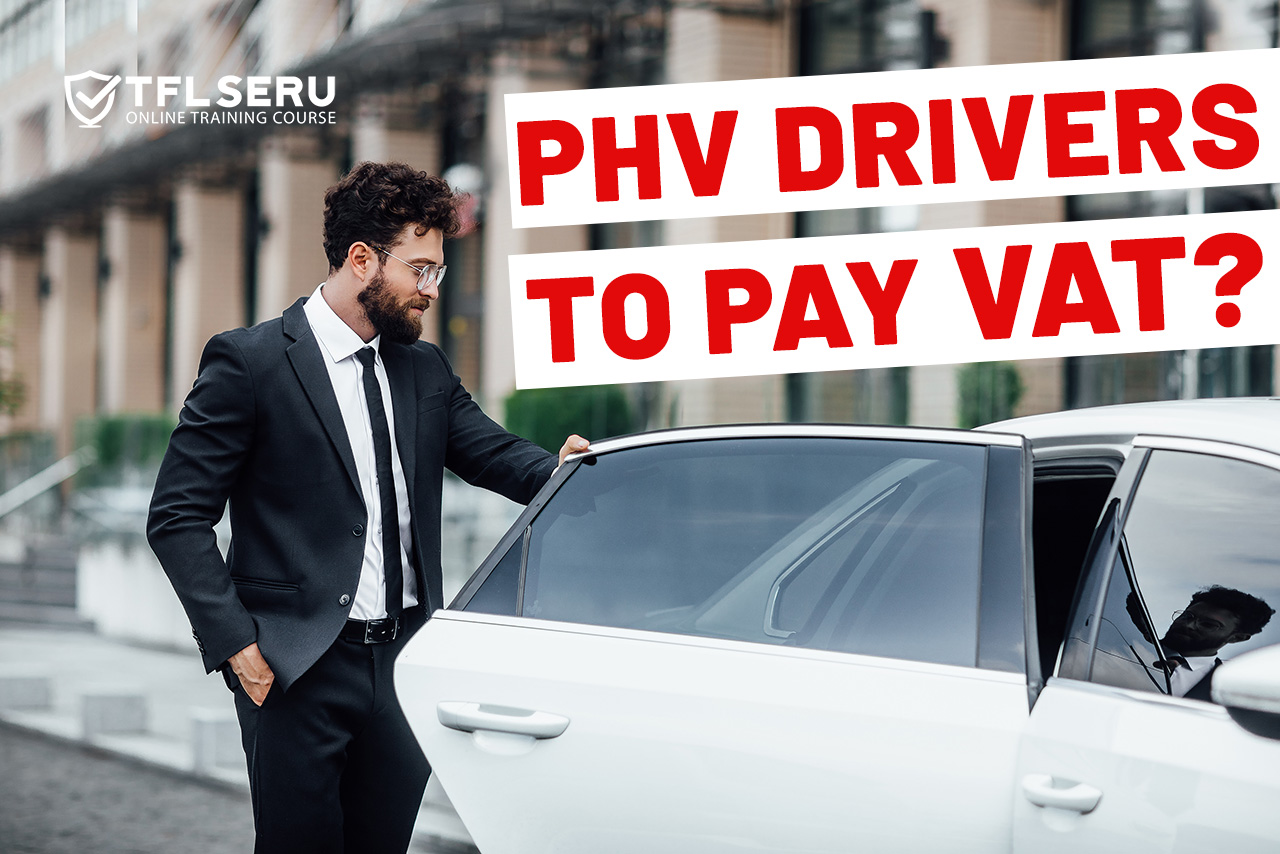Consultation: VAT Treatment of Private Hire Vehicles
What the Latest Consultation Means for PHV Drivers.
The recent consultation on VAT treatment for Private Hire Vehicles (PHVs) marks a significant turning point for drivers across the UK. This consultation, stemming from two critical High Court judgments, is set to redefine how VAT is applied to PHV services and has far-reaching implications for drivers, operators, and passengers. Here’s a closer look at what this consultation means for PHV drivers.
Understanding the Judgments
In the cases of Uber Britannia Limited v Sefton Borough Council (2023) and Uber London Limited v Transport for London (2021), the High Court ruled that PHV operators (PHVOs) must contract with passengers as principals, not as agents. This legal clarification mandates that VAT-registered PHV Operators must charge VAT on all passenger fares, changing the landscape of the PHV sector.
Financial Impact on PHV Drivers
One immediate consequence of these judgments is the potential increase in fares. It is estimated that fares could rise by 1.25% to 2.5% across the market. For PHV drivers, this translates to several implications:
- Higher Fare Prices: While this could mean higher revenue per trip, it might also deter price-sensitive customers, reducing the overall number of journeys.
- Demand Shifts: An estimated 1.25% to 2.5% reduction in journeys could impact drivers’ earnings, especially those relying heavily on a steady flow of customers.
Administrative and Compliance Burdens
Drivers may also face increased administrative tasks. Larger PHV Operators are likely to pass on the burden of VAT compliance to drivers, requiring them to maintain more detailed financial records and possibly adjust their accounting practices to accommodate these changes.
Options for Legislative Changes
The government is considering two primary routes to address the VAT issue: amending transport legislation or VAT legislation. Each has distinct implications for PHV drivers.
1.Transport Legislation
One proposal is to amend transport legislation so that drivers, rather than PHV Operators, contract directly with passengers. While this might simplify VAT issues, it could also lead to a single-tier system, merging taxi and PHV services. Such a shift could impose stricter regulatory standards on PHV drivers, akin to those for taxis, potentially increasing operational costs and compliance requirements. This also further blurs the distinction between Taxi’s and Private hire in London specifically.
2.VAT Legislation
Alternatively, amending VAT legislation to allow PHV Operators to account for VAT as agents but act as principals could preserve the current business structure. However, this introduces complexities and risks related to the broader VAT system. While it could mean lower fare increases and fewer administrative burdens for drivers, the long-term viability and legal robustness of such a solution are uncertain.
Potential Mitigation Measures
The government is also exploring mitigation measures to cushion the impact on PHV drivers and consumers. These include:
- Reduced VAT Rates: Lowering the VAT rate for PHV services to 5% or zero-rating them could significantly reduce fare increases, making services more affordable for passengers and sustainable for drivers.
- Margin Schemes: Introducing a margin scheme for PHV Operators would mean VAT is charged only on the margin between passenger fares and driver commissions, potentially lowering the overall VAT liability.
The Road Ahead for PHV Drivers
The consultation period, running from April 18 to August 8, 2024, invites feedback from all stakeholders, including PHV drivers. Drivers are encouraged to participate and share their experiences and concerns, ensuring their voices are heard in shaping future policies.
You can find the “VAT Treatment of Private Hire Vehicles” consultation here.
Conclusion
This consultation represents a crucial juncture for PHV drivers in the UK. The potential changes to VAT treatment could impact fares, earnings, and operational procedures significantly. By engaging with this consultation process, drivers can help influence policies that balance the need for fair taxation with the economic realities of the PHV industry.
As the government deliberates on these options, the future landscape of PHV services hinges on finding a solution that supports drivers, ensures competitive fares for passengers, and maintains a viable and compliant operational framework for PHV Operators.


